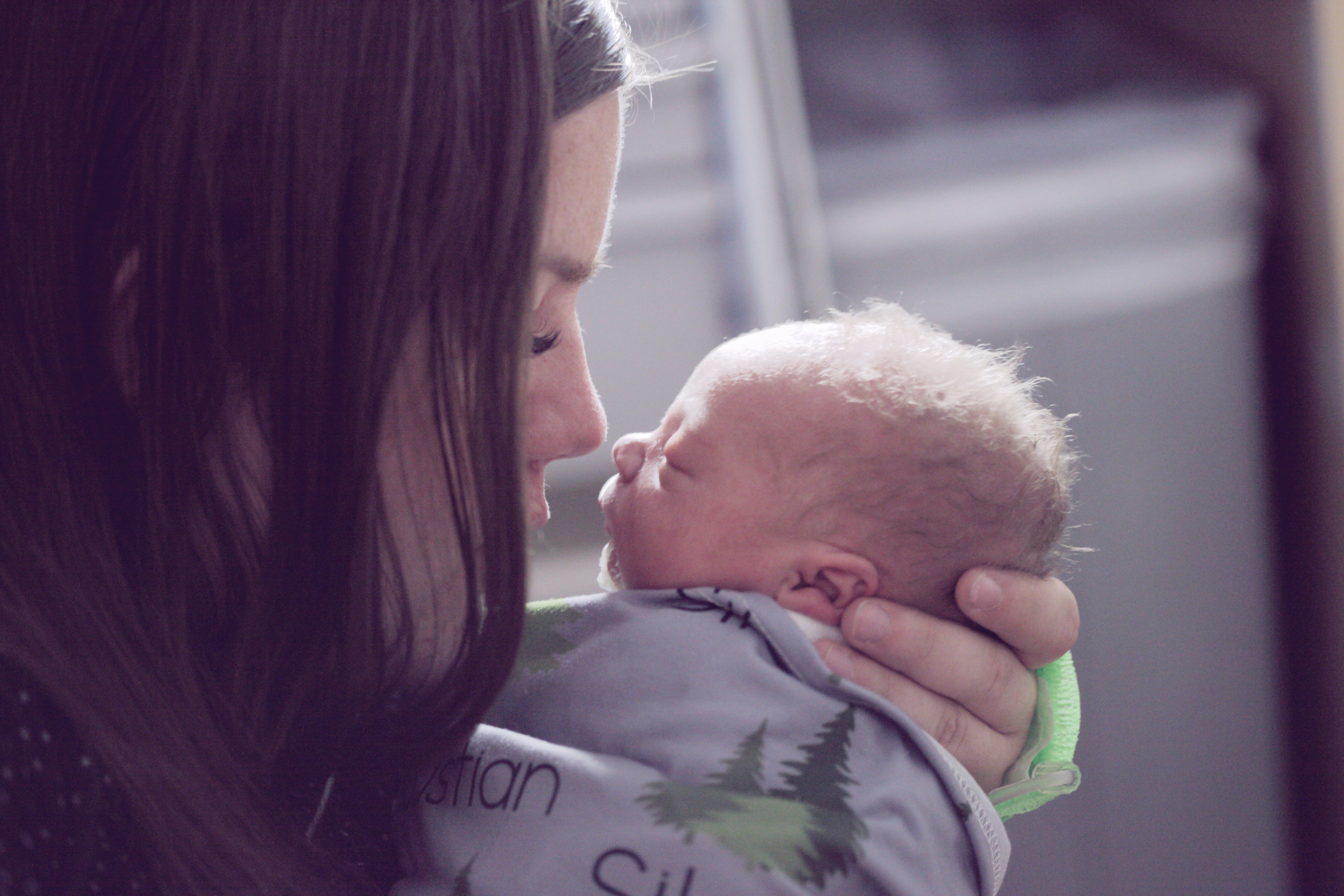November 20, 2025
Learn how long postpartum depression can last, why symptoms persist, and how treatment supports recovery for new mothers.

Postpartum depression (PPD) is a mood disorder that appears after childbirth and affects an estimated 1 in 7 women. Unlike the brief “baby blues,” which last only a few days, postpartum depression can persist for months or even yearswithout treatment.
Understanding how long postpartum depression can last is important because untreated symptoms can interfere with bonding, functioning, and long-term mental health. PPD is more than sadness—it often involves anxiety, irritability, hopelessness, sleep disruption, and intrusive thoughts.
Women experiencing symptoms benefit from comprehensive evaluation, psychotherapy, and—when appropriate—psychiatric care, such as the specialized support offered through women’s mental health services.
The duration varies depending on biological, psychological, and environmental factors.
Longitudinal studies show that untreated postpartum depression can last 6 months to 3 years, and in some cases even longer. Chronic symptoms may evolve into other forms of depression, anxiety, or relationship difficulties.
With a combination of therapy and medication, most women begin to feel better within 6–12 weeks. Full recovery may take 3–6 months, depending on severity.
Women with preexisting mental-health conditions—such as depression, anxiety, OCD, ADHD, eating disorders, or mood instability—may require longer treatment.
For many households, early access to expert care such as cognitive behavioral therapy, DBT, EMDR, or psychiatric treatment is essential.
After childbirth, estrogen and progesterone levels plummet dramatically. This sudden shift can destabilize neurotransmitters, especially in women with prior mood conditions.
Repeated nighttime waking can trigger or worsen depression, anxiety, OCD flare-ups, and intrusive thoughts.
Stressors like limited support, financial pressure, or returning to work amplify vulnerability.
Women with histories of:
are at higher risk for prolonged postpartum depression.
Individuals needing evaluation for these concerns often benefit from specialized services such as perinatal depression treatment, anxiety-focused psychiatry, or care for complex conditions like OCD or psychosis.
It is important to distinguish PPD from postpartum psychosis—a psychiatric emergency that usually appears within 1–2 weeks after delivery. Symptoms include hallucinations, delusions, confusion, and severe agitation.
Postpartum psychosis requires immediate hospitalization and may involve antipsychotic medication, which is explained further in the clinic’s resources on schizophrenia and antipsychotic medication.
OCD-like intrusive thoughts are common and can be addressed through targeted approaches such as CBT or exposure therapies.
Women with prior depression often experience symptoms for longer periods.
GAD, panic disorder, and OCD frequently coexist with PPD and can intensify its duration.
Mothers with untreated ADHD may experience emotional dysregulation, increasing risk for long-lasting depression.
Nutritional imbalance, body-image distress, or relapse of anorexia/bulimia can prolong PPD.
See: eating-disorder specialization.
Emotional intensity and interpersonal stress may complicate postpartum recovery.
Women with prior psychosis are at higher risk for postpartum relapse and prolonged recovery.
Therapies like CBT, DBT, EMDR, and trauma-informed modalities help regulate mood and reduce intrusive thoughts.
SSRIs and SNRIs are commonly used and often safe during breastfeeding.
Some research explores estrogen supplementation or brexanolone (Zulresso), a rapid-acting medication.
For treatment-resistant cases, emerging treatments like ketamine-assisted therapy may offer rapid relief.
Partner involvement, social support, and community resources contribute to faster recovery.
Most individuals begin to see symptom improvement in 2–6 weeks once treatment starts.
Full recovery typically takes 3–12 months, depending on severity and co-occurring conditions.
At Integrative Psych, our team of psychiatrists and psychotherapists offers compassionate, evidence-based care for postpartum depression and related conditions. Our clinicians treat depression, anxiety, OCD, psychosis, ADHD, bipolar disorder, BPD, and more.
Learn more about our specialists through our main website at Integrative Psych, our NYC team, our Miami clinicians, or our full directory of experts.
If you are seeking guidance, you can schedule a consultation or a Miami consultation.
We also provide specialized care for complex conditions through programs in adult ADHD, anxiety, depression, LGBTQ mental health, addiction, autism, and AI psychiatry.
Our mission is to support parents and families through every chapter—with empathy, with evidence, and without judgment.

We're now accepting new patients
